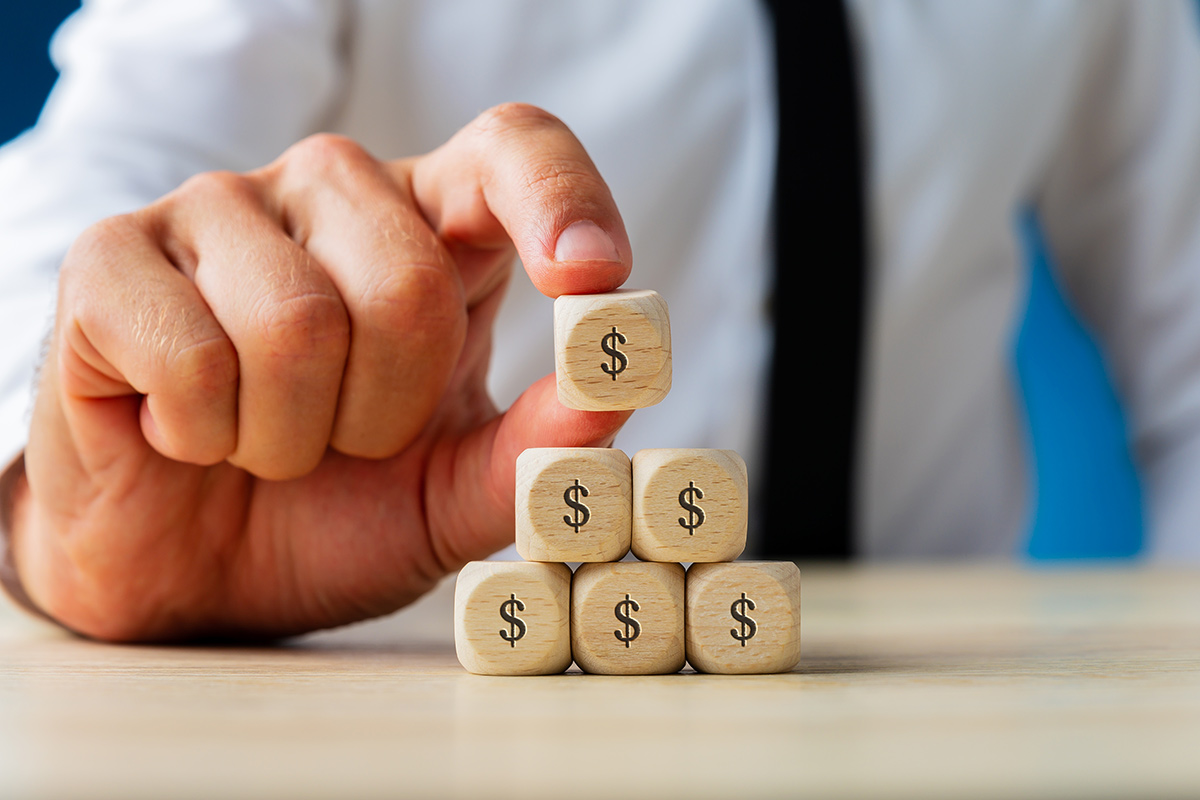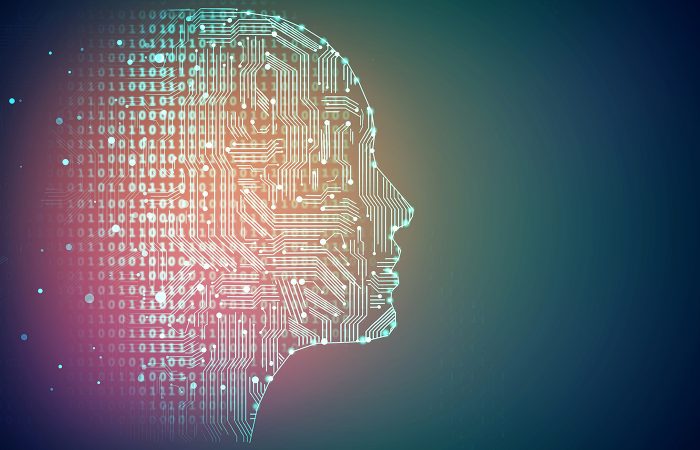Melina Moleskis*
What is behavioural economics in a nutshell?
Behavioural economics is about observing and understanding human decisions up close without prior assumptions. Its aim is to make people’s lives better by helping them make better decisions. Ultimately, it’s about offering solutions to persistent problems and applying them at scale.
How does it relate to neoclassical economics?
Behavioural economists are interested in the same topics that economists are interested – why people buy, how we make decisions, productivity, performance, market mechanisms and so on.
But the starting point is different. In economics there is the assumption of rationality – that people gather all the information, understand it and make rational, conscious decisions based on this information, irrespective of what mood they are in or what other people think. And that they stick to these decisions day after day.
Behavioural economists drop this assumption of rationality and seek to observe how people actually behave in a real situation and then examine the implications. And because often people do not behave rationally in real life, the implications may be different than those from neoclassical economics.
In fact, studies show that about 95% of our decisions are made by the unconscious brain. This is not surprising considering we make about 35,000 decisions per day, from what to watch on Netflix to giving feedback to a colleague. And to be able to navigate through the day – to deal with the overload of information (bounded rationality), hard-to-access information (sludge), our own emotions (stress, anger, excitement etc.) – we need to make assumptions to fill in the gaps in our knowledge and use heuristics (rules of thumbs as mental shortcuts for making decisions), which are inadvertently influenced by our own biases, mental models and social norms. In a sentence, our decisions are not always “rational” as per neoclassical economics.
Is it a theory or practice? Why does it have so many names?
Behavioural economics uses scientific experiments to develop theories about human decision-making. These theories feed off different disciplines besides economics, most notably psychology, and involve biases, social influences and mental models in the way people think, feel and act.
Are these theories fool proof and universal? If you have been following the debate regarding Kahneman & Tversky’s Nobel-winning 1979 paper on Prospect theory you would have seen how recent papers have shown that even loss aversion (the theory that losing an amount has a bigger impact on us than winning the equivalent amount) depends on the context. Many, many factors can influence how people will behave – from microculture to framing of options, priming, timing, choice environment and so on. Realistically, it is difficult to have grand, unifying theories of human behaviour because of the very importance of context on how we behave.
Existing theories, continuously refined, are the backbone of behavioural economists/ behavioural scientists practitioners. Funnily, “behavioural economics”, “behavioural science” and “behavioural insights” are somewhat interchangeable terms among practitioners. They all refer to observing human behaviour (through experiments and behavioural data science) and combining theories with local context to design, test and iterate pragmatic and sustainable solutions at scale.
Is it important?
Yes, it is.
- NGOs such as the World Bank, OECD, United Nations, World Health Organization have long set up special units to deal with some of the world’s most important and persistent social issues such as poverty, access to education, financial literacy, human rights, gender equity, children protection, climate change, health, effective organisations.
- Governments and regulators across the globe have been increasingly tuning into behavioural science as an additional tool in their arsenal, including the UK and USA. Financial regulators, for instance, use behavioural science to help people make better financial decisions. The World Bank alone has collaborated with more than 100 governments so far.
- Corporates such as Google, Amazon, Spotify, and Netflix have been applying behavioural science for a long time. The finance industry is employing behavioural scientists to manage risk and improve customer service. Companies of all sizes are turning to behavioural science to help them with issues from digital transformation to becoming more diverse and inclusive as a means to improving performance. Bloomberg named “behavioural scientist” the top job of this decade.
- In the academic terrain, the discipline was awarded three Nobel prizes (2002, 2013, 2017). Many universities like Harvard, Duke and LSE have established behavioural science hubs and degrees.
How is it important?
The value of behavioural science lies in the positive results it delivers in the form of creative, cost-effective solutions to persistent behavioural problems. Here are some examples:
- Enhancing protection of the financial consumer. Financial watchdogs, such as the Behavioural Economics and Design Unit of the UK Financial Conduct Authority and the Consumer Behaviour Team of the Dutch Authority for Financial Markets, are applying behavioural insights to gain a better understanding of how financial consumers make decisions, in their search for ways to improve financial outcomes for consumers. For example, they investigate what consumers pay attention to and when they might be misled with regards to financial advertising, and how the way choices are presented to consumers influences how much they choose to borrow and the repayment period of these loans.
- Increasing tax compliance in context.Behavioral science has long informed tax policy by employing social norms. Telling people that others have paid has been found to increase tax compliance in several countries. But in Poland, a World Bank trial found that using punitive language increased tax compliance more than peer comparisons – “hard tones” increased tax compliance by 20.8%. If the best- performing communication had been sent to all taxpayers covered by the trial, the Polish Tax Authority would have generated 56% more in revenues.
- Reframing student mindsets and changing lives.In Peru, together with the Ministry of Education, the World Bank’s Mind, Behavior and Development unit (eMBeD) reframed the beliefs of middle-school students by showing them that intelligence is malleable. The intervention led to a 0.14 standard deviation increase in math test scores, equivalent to four months of schooling, at a cost of less than $0.20 per student. eMBeD reached 50,000 students in an initial phase, and an additional 250,000 subsequently. Replicated interventions in South Africa and Indonesia have had similarly promising results.
- Reducing fraud in insurance claims. The UK govt’s Insurance Fraud Taskforce was concerned about opportunistic fraud which was costing the UK insurance industry approx. £1 billion per year (a multi-million pound problem for many insurers, causing premiums of honest customers to be higher and creating further issues of customer dissatisfaction and trust). To deal with the problem, the UK Taskforce tested behavioural interventions (nudges) that could be used in insurer’s communications to reduce opportunistic fraud based on social norms, self-consistency, priming, framing and reciprocity. The 18 nudges tested had an average effectiveness of 36% in reducing fraud and the most effective message brought 70% reduction.
Is it important for Cyprus?
Yes, it is.
Behavioural science is a tool that can be added to public policy and beyond to help reach better social and business outcomes. One could argue that until we integrate behavioural science in public policy in Cyprus some of the tough issues we are dealing with (rather ineffectively) – including the peace process, corruption, climate change, gender inequity, low financial literacy, consumer exploitation, among others – will remain beyond our reach. Behavioural science alone cannot save the world but adding it to the strategic toolbox has proven to bring solutions to persistent issues that could not otherwise be solved. It all comes down to the way people think, decide and act – which is not always rational. Which means that the solutions offered should take that in mind.
Among the people and organisations that think behavioural economics can make a difference in Cyprus is the University of Cyprus with its upcoming Master’s degree. As the wheels in the local educational system begin to turn to produce behavioural experts and the success stories from foreign governments, NGOs and corporations become part of our reading lists, it will be a matter of time until the local authorities and businesses become intrigued.
Behavioural science is already part of our everyday lives as consumers. Wouldn’t it be nice to make sure it is applied ethically in marketing practices?
In our efforts to reduce our environmental footprint, why not borrow a page from how other governments came up with cost-effective, pragmatic ways to help people recycle more, litter less and save water?
For companies looking to increase performance seamlessly and sustainably, isn’t the human decision-making perspective (be it employees or clients) worthy of consideration?
For any change in daily habits, whether it’s the adoption of new digital processes by government employees or drivers stopping ahead of the vertical line at traffic lights, behavioural science can offer solutions to help people through these transitions.
Perhaps, ‘tis the season for behavioural economics in Cyprus.
*Melina Moleskis is Lead Economist at meta-decisions.com and Visiting Professor at Neapolis University Paphos.
Acknowledgments: Special thanks to Renos Vakis (World Bank) and Elena Karkoti (Cyprus Securities and Exchange Commission) for their contribution and inspiration. A very big thank you to the Cyprus Economic Society and especially Ioannis Tirkides and Marios Clerides for the initiative, organisation and hosting of the first event on Behavioural Economics.




